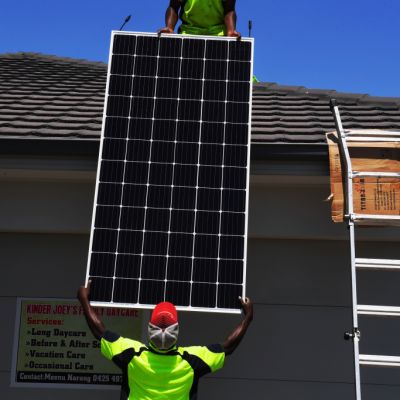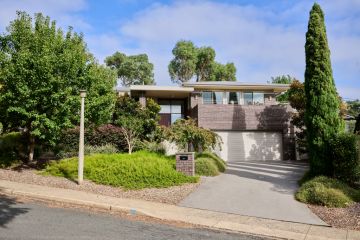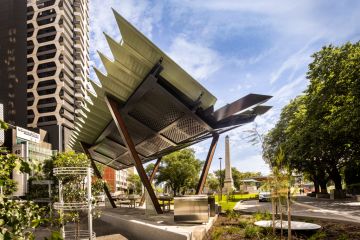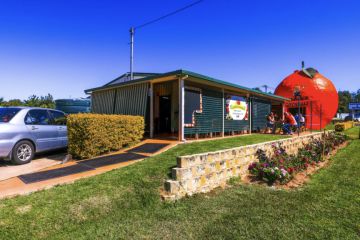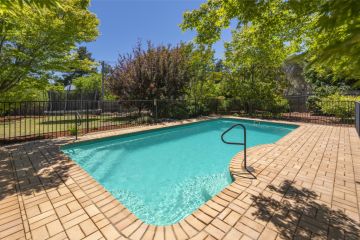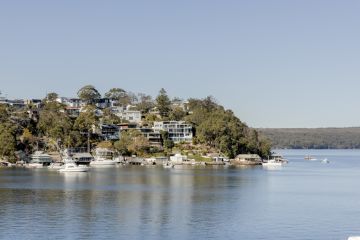Why water restrictions only go so far to address waste in our homes
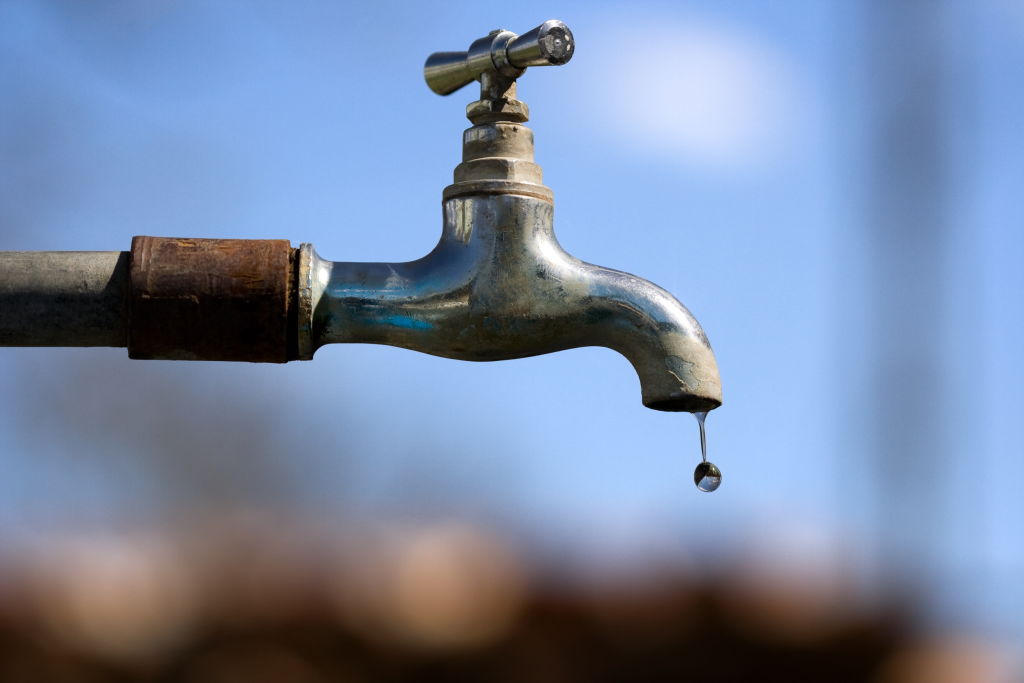
Level one water restrictions are now in play across Sydney, the Blue Mountains and the Illawarra for the first time in almost a decade, as NSW struggles in the grip of drought.
But home owners will only be affected to a certain extent – and some, not at all.
Although the restrictions do plenty to curb outdoor water usage — from prohibiting standard sprinkler systems to cracking down on hoses and taps left unattended — residents will not be affected when it comes to habits inside the home.
And from older pipes to dated fixtures, not all apartment buildings are in top water-saving shape.
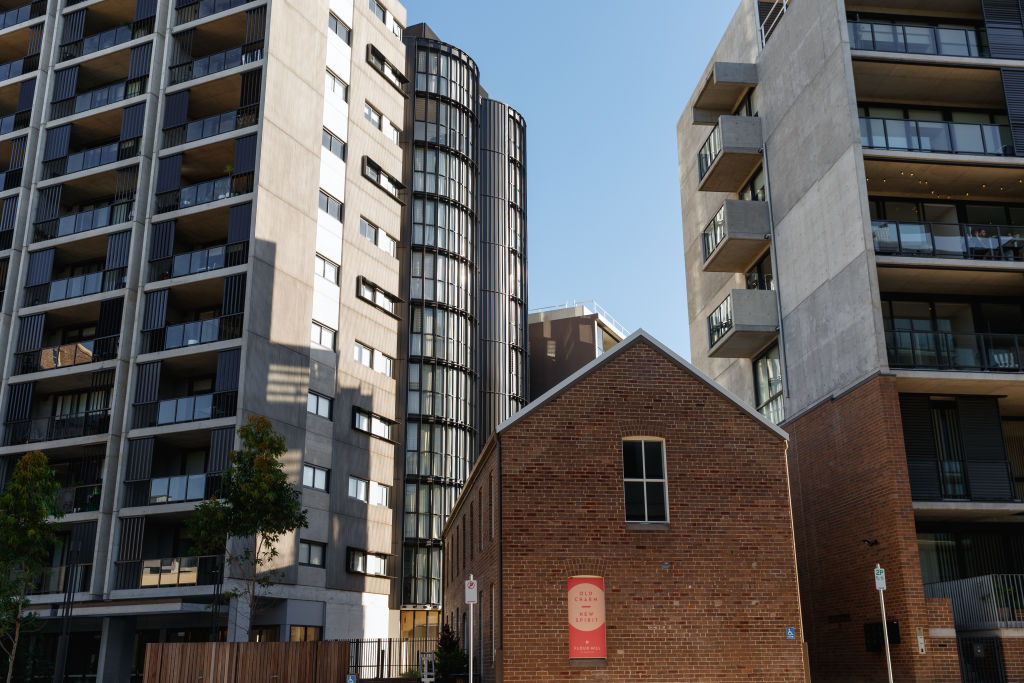
Generally, there are no mandatory tests to check a building’s water efficiency over time, said Chris Duggan, president of the Strata Community Association in NSW.
“In older buildings, when leaks do form, they become terrible water wasters and it is very expensive to [repair] them,” he added. “Leaks are often only picked up based on excessive use charges on bills, which come as a great shock to owners.”
A spokesman for Sydney Water said it relied on education to encourage more water-conscious behaviour indoors. The organisation has water saving tips and products on its Lovewater.sydney website, such as using energy efficient showerheads and running dishwashers only when full.
“Residential outdoor water use is more discretionary … [and] restrictions on outdoor water use can be enforced,” he said.
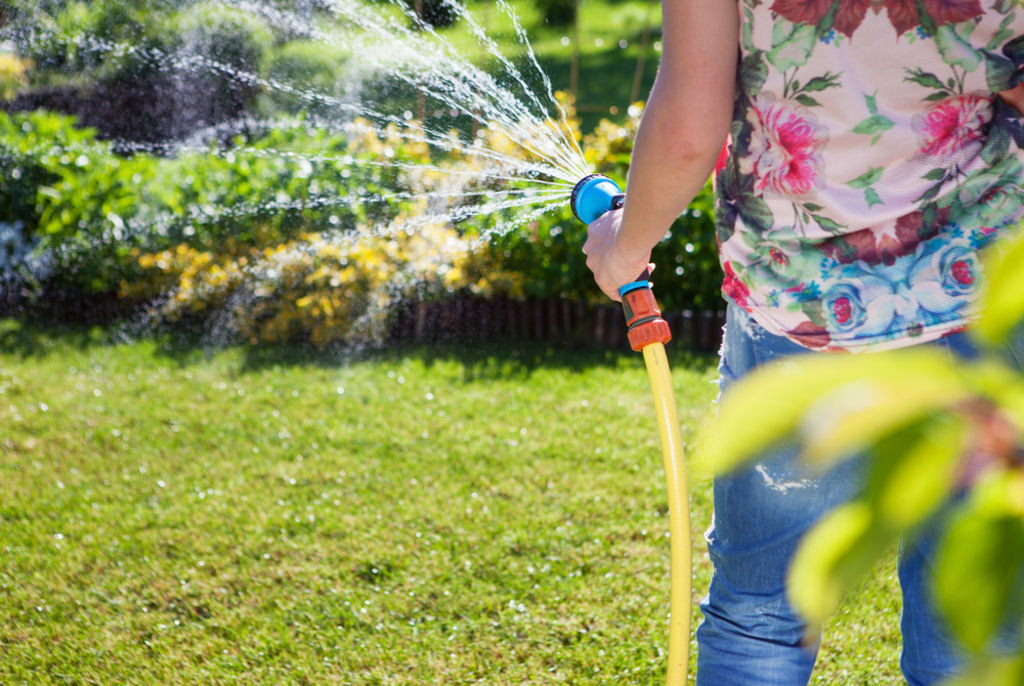
Residents in Greater Sydney have three months to adjust to the new restrictions, after which people will be fined $220 for violations.
The grace period will end on September 1, at which time community water officers will respond to reports of alleged breaches, the Sydney Water spokesman said.
The tightened measures in Greater Sydney come about six weeks after Victoria’s shadow water minister Stephanie Ryan called for water restrictions to be reintroduced in Melbourne, with the city’s water storage level sitting close to 50 per cent.
At the time, water minister Lisa Neville said the government did not plan to introduce such restrictions.
The Victorian government has, however, made a commitment to promoting the Target 155 initiative. This campaign urges each Melburnian to limit their daily water usage to 155 litres.
In 2017-18, the average person in Melbourne was using 161 litres a day. The average Sydneysider uses about 200 litres per day, according to the Sydney Water website.
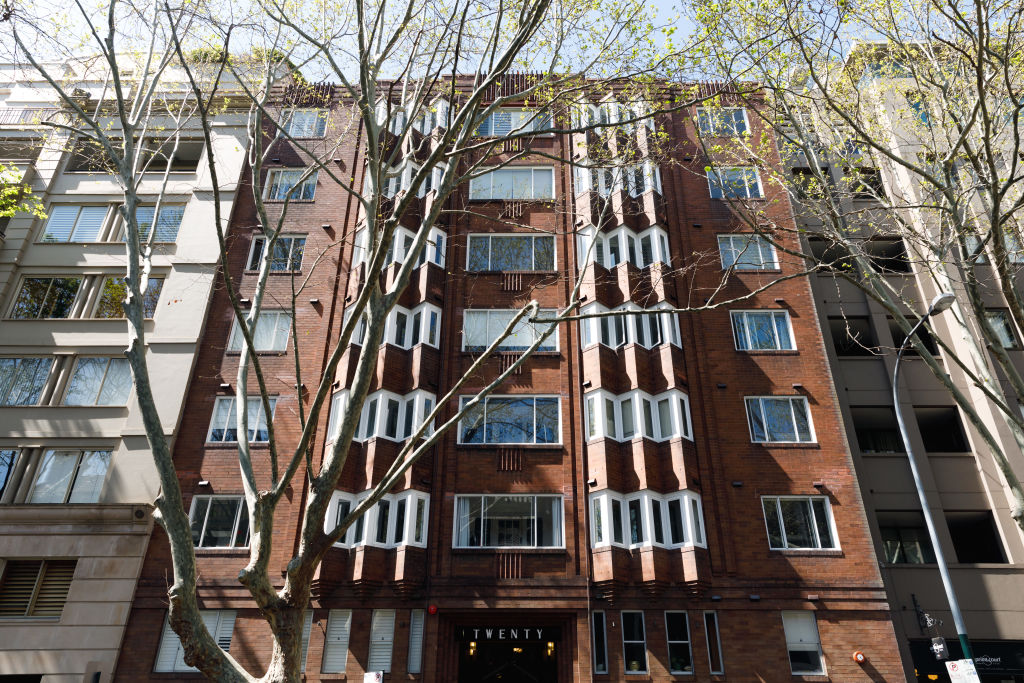
In apartment buildings that use more than 300 litres per bedroom each day, owners corporations may want to check for leaks on common property. They could also retrofit apartments with water-efficient fixtures and fittings, according to Fair Trading.
Older buildings with shared water metres are also an issue. Here, the owners corporation pays for all water consumption through its administrative fund, regardless of how much one resident saves and another splurges.
As a result, there is little financial incentive for individuals to curb their water usage.
“It is common practice in all new developments for there to be individual water metres,” Mr Duggan said. “We think it’s an excellent way to hold different owners to account.”
“It also comes down to the most basic understanding of consumption: You need to be able to measure [usage] in order to meaningfully reduce it,” he said.
Mr Duggan said those who would like an individual meter installed should speak to their strata committee first. “It’s very challenging for an individual lot owner to do [without] the owners corporation supporting them,” he said. “It needs to be a top-down approach.”
Mr Duggan encouraged owners to look into programs like WaterFix Strata. Through this initiative, Sydney Water will look into a building’s water saving potential. If there is sufficient room for improvement, they will work with the strata manager to address issues like leaks and inefficient water devices in apartments.
“That alone has such a substantial impact, particularly when it’s … cumulative and all the apartments do it,” Mr Duggan said.
We recommend
States
Capital Cities
Capital Cities - Rentals
Popular Areas
Allhomes
More
- © 2025, CoStar Group Inc.
